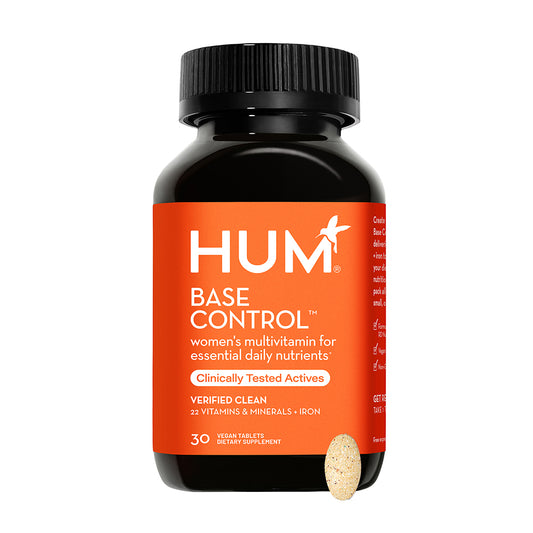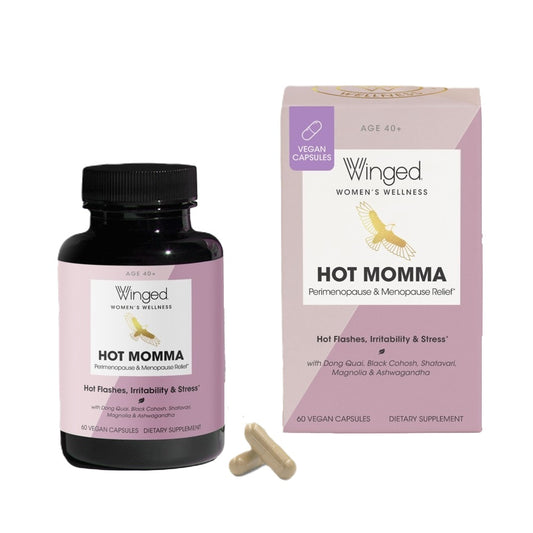-
Vendor:HUM Nutrition
Fan Club Menopause Supplement, 30 Capsules
Regular price $40Regular priceUnit price per -
Vendor:HUM Nutrition
Base Control Womens Multivitamin Supplement, 30 Tablets
Regular price $15Regular priceUnit price per -
Vendor:Winged Wellness
Hot Momma Menopause Support Supplement, 60 Capsules
Regular price $22Regular priceUnit price per
Learn
Browse menopause articles
We're getting real about hormones — because when it comes to managing your symptoms, knowledge is power.

Q&A with Dr. Liss, OB-GYN
Can I take menopause supplements if I'm already on menopause hormone therapy (MHT)?
What's the difference between menopause supplements and perimenopause supplements?
Can black cohosh help with menopause symptoms?
What are the most common symptoms I might experience during perimenopause and menopause?
How can I naturally support my hormone health during the menopause transition?
Are there any lifestyle changes that can help with menopause symptoms?
How can I manage my menopause transition more effectively?
What are the essential vitamins and minerals I need during perimenopause and menopause?
How long will these symptoms last? Will they ever go away?
What are my treatment options for managing menopause symptoms?
What vitamins do you recommend to help with perimenopause?
What are your thoughts on taking a perimenopause multivitamin?


















